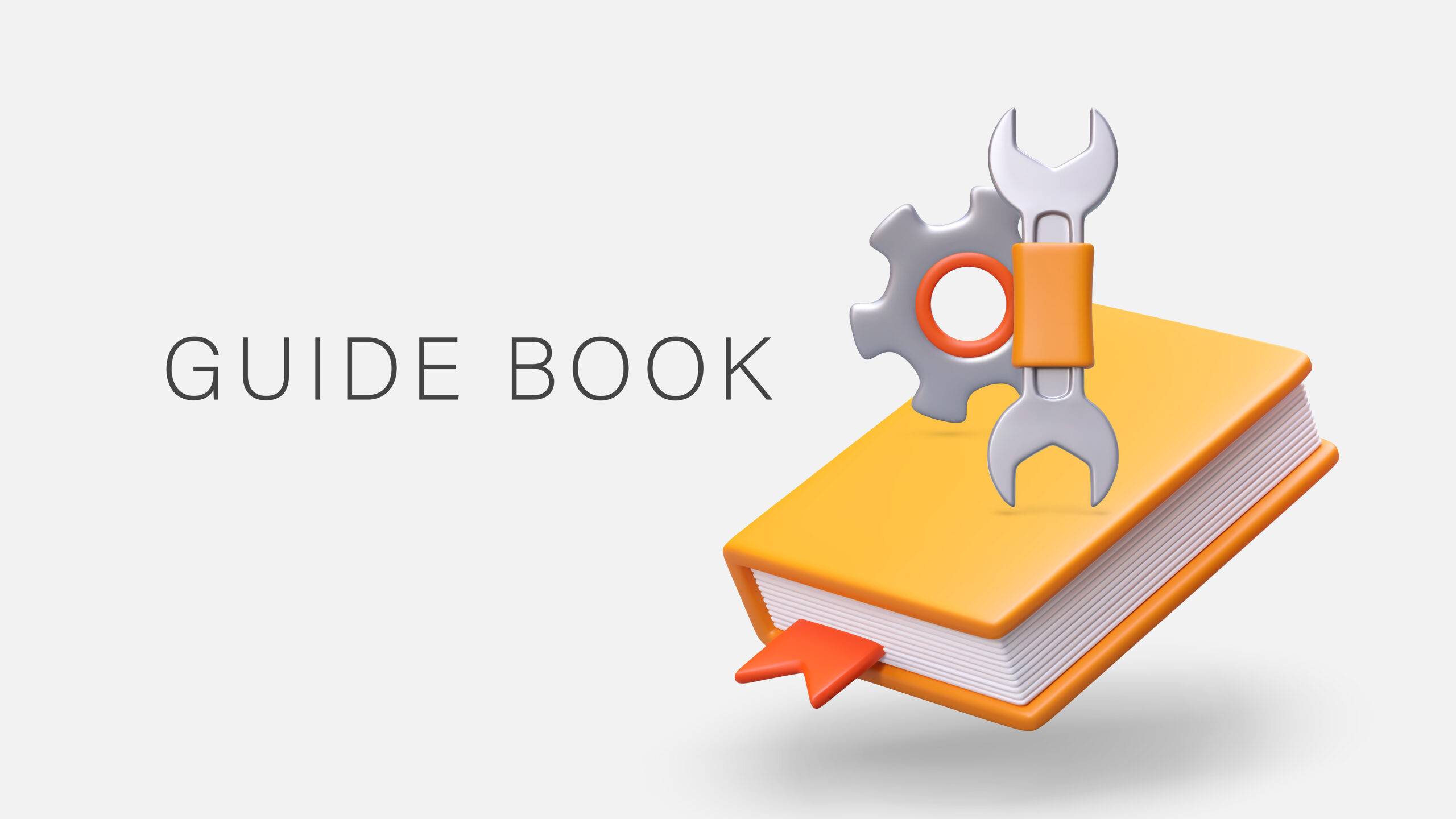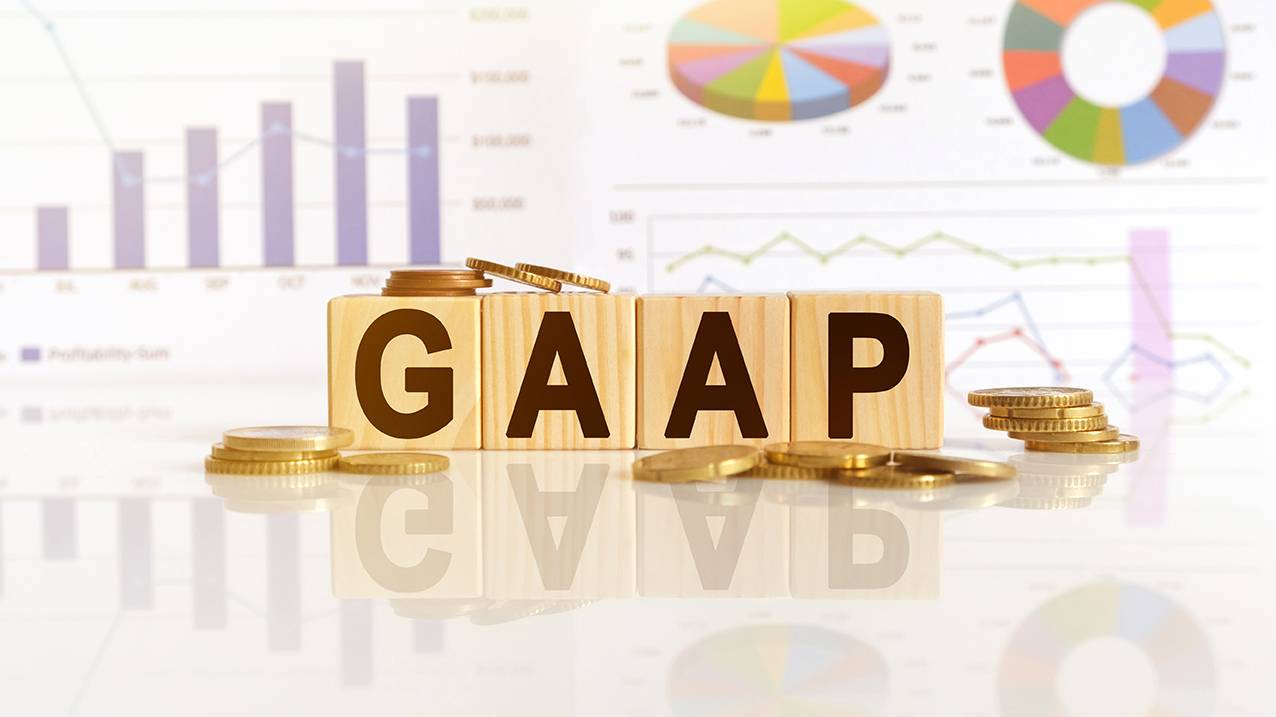Self-Study
Real Estate Accounting
Definitive guide to Real Estate Accounting Rules and Transactions. Navigate the proper accounting treatment for property sales, exchanges, and investments to structure deals effectively and ensure compliant reporting.

$261.00 – $291.00
Webcasts are available for viewing Monday – Saturday, 8am – 8pm ET.
Without FlexCast, you must start with enough time to finish. (1 Hr/Credit)
Please fill out the form below and we will reach out as soon as possible.
CPE Credits
9 Credits: Accounting
Course Level
Overview
Format
Self-Study
Course Description
The real estate professional needs to be aware of the accounting rules for real estate, in order to avoid adverse reporting outcomes. This real estate accounting course covers the accounting rules for every type of real estate transaction, which can be used to structure real estate deals appropriately. The real estate accounting class covers accounting for real estate sales, property exchanges, and time-share intervals. Our real estate tax course also reveals the related financial statement presentations and accompanying disclosures. In addition, the real estate taxation course describes accounting related to property rental, and investments in real estate ventures. Use this real estate accounting guide as your go-to reference for discerning the proper accounting treatment for a real estate transaction.
Learning Objectives
Upon successful completion of this course, participants will be able to:
- Recognize the underlying principles of accounting, the nature of the accounting cycle, and the types of organizations that can be used to engage in real estate transactions.
- Specify the types of project costs, as well as when and how to capitalize interest on a real estate project.
- Identify the steps involved in accounting for an acquired income-producing property, as well as the process flow for goodwill impairment testing. Also, recognize the alternative treatment of amortizing goodwill, and the circumstances under which it can be used.
- Specify the steps in the five-step revenue recognition process.
- Identify the options available for valuing exchanged property, and the use of boot in calculating profits.
- Identify the characteristics of time-share arrangements, as well as the factors to consider when evaluating the sufficiency of the bad debt allowance.
- Identify the main characteristics of lease accounting as it pertains to rental arrangements.
- Recognize the nature of contingent rent agreements, lease incentives, and leasehold improvements, and the accounting for them.
- Specify the fiduciary role played by a property manager, as well as the accounting issues faced by this person.
- Specify the criteria for recognizing asset retirement obligations, as well as the rules for calculating these obligations. Also, identify the criteria for recognizing environmental obligations.
- Identify the calculation requirements for the equity method of accounting, as well as the origin of the costs used in the cost method, and the treatment of investor loans to a venture.
- Recognize the types of entities that can be classified as common interest realty associations, as well as the accounting for special assessments.
Course Specifics
1213551
October 17, 2024
There are no prerequisites.
None
191
Compliance Information
CMA Notice: Western CPE makes every attempt to maintain our CMA CPE library, to ensure a course meets your continuing education requirements please visit Insitute of Management Accountants (IMA)
CFP Notice: Not all courses that qualify for CFP® credit are registered by Western CPE. If a course does not have a CFP registration number in the compliance section, the continuing education will need to be individually reported with the CFP Board. For more information on the reporting process, required documentation, processing fee, etc., contact the CFP Board. CFP Professionals must take each course in it’s entirety, the CFP Board DOES NOT accept partial credits for courses.
Meet The Experts

Steven M. Bragg, CPA, is a full-time book and course author who has written more than 300 business books and courses. He provides Western CPE with self-study courses in the areas of accounting and finance, with an emphasis on the practical application of accounting standards and management techniques. A sampling of his courses include the The New Controller Guidebook, The GAAP Guidebook, Accountants’ Guidebook, and Closing the Books: An Accountant’s Guide. He also manages the Accounting Best Practices podcast. Steven has been the CFO or controller of both public and private companies and has been a consulting manager with Ernst & Young and …
Related Courses
-
 Accounting
Accounting
Accountants’ Guidebook
Steven M. Bragg, CPA QAS Self-Study
Credits: 30 $600.00
QAS Self-Study
Credits: 30 $600.00$600.00 – $640.00
-
 Accounting
Accounting
Accounting Fraud: Recent Cases
Joseph Helstrom, CPA QAS Self-Study
Credits: 1 $29.00
QAS Self-Study
Credits: 1 $29.00$29.00 – $49.00
-
 Accounting
Accounting
GAAP Guidebook
Steven M. Bragg, CPA QAS Self-Study
Credits: 29 $580.00
QAS Self-Study
Credits: 29 $580.00$580.00 – $620.00
